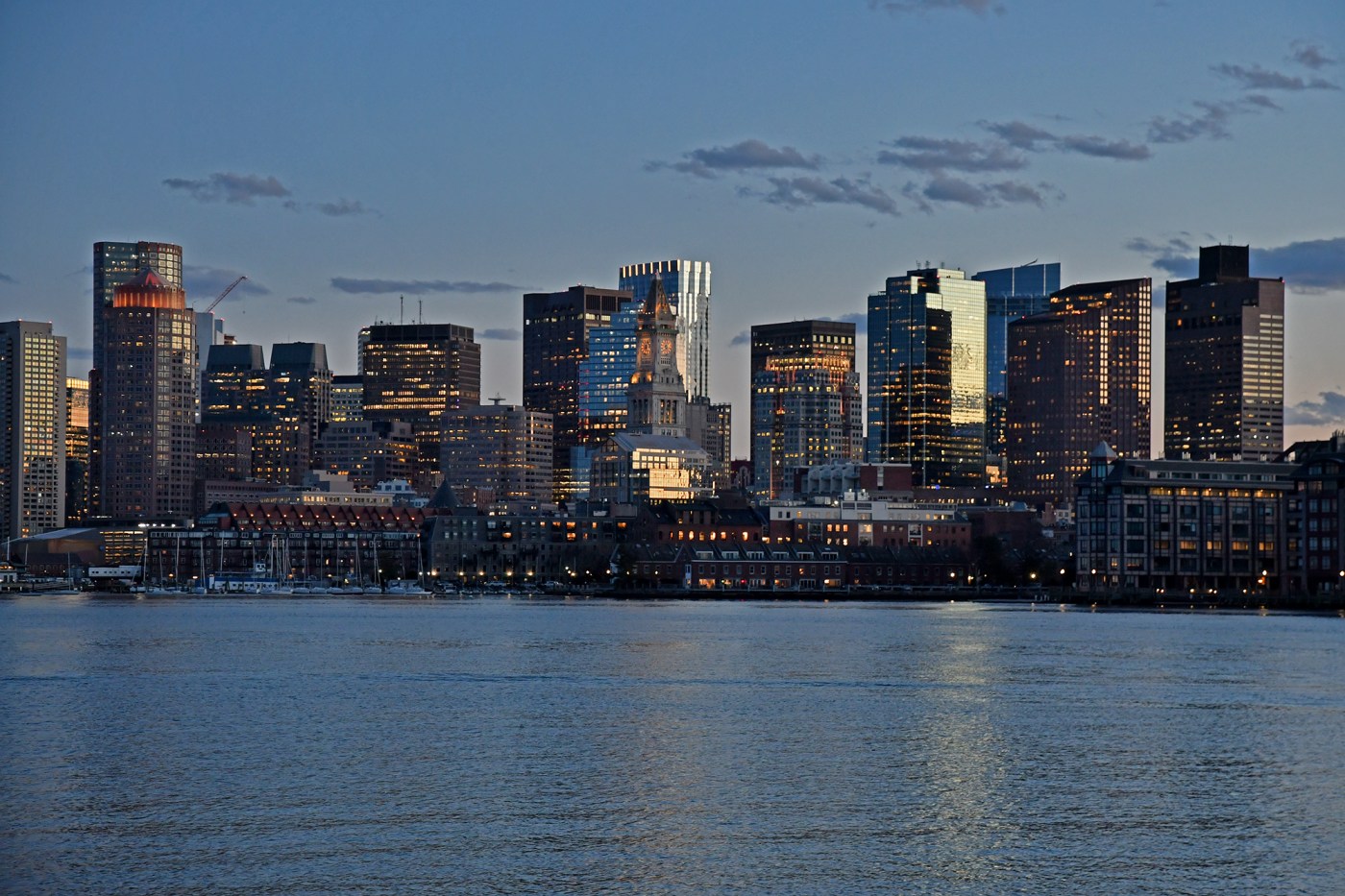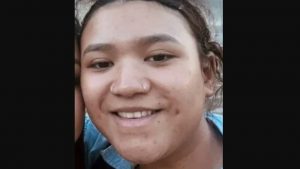
Boston City Council looks to crack down on hotel prostitution, drug use
Two city councilors are proposing a new law to clean up Boston hotels, which, they say, have become a hotbed for human trafficking, drug abuse and filth.
The ordinance, filed by Councilors Henry Santana and Gabriela Coletta for consideration at Wednesday’s meeting, would create a seven-member advisory panel dedicated to ensuring hotels comply with a new list of public health and safety practices it would be empowered to compile, and amend, as needed.
While hotel workers are often the first to encounter public health and safety issues experienced by guests, they often lack the training and consistent procedures to identify, address and defuse instances of human trafficking, drug overdose, medical and mental health emergencies, and injury and illness, the order states.
“Over 20 million people visit Boston hotels every year,” Santana and Coletta wrote. “It is in the interest of public health and public safety to ensure that Boston hotels, motels and other lodging establishments are safe, clean and healthy.”
The “privacy and anonymity” offered by hotels provides ample opportunity for human trafficking and drug use. Sex traffickers, for example, can operate discreetly because staff and guests may not recognize the signs of that activity, they wrote.
That same privacy, the councilors wrote, leads to substance use on hotel premises that creates risk for overdose. Opioid-related fatalities are twice as prevalent in Boston as the state rate, health statistics show, and the occurrence of overdoses in hotels is tracked by the city’s police department — which reported 241 calls related to “sick assist and sick assist drug related illness” in 2022 and 2023.
Related Articles
Boston city councilor edits out Israeli ‘genocide’ accusations in toned down cease-fire resolution
Boston Mayor Michelle Wu’s talk at Harvard canceled due to Emerson encampment response
Former Boston Police commissioner knocks Mayor Wu in ‘war’ over North End outdoor dining
Boston commission that criticized Mayor Wu accused of overreach in push to landmark private property
Wu says she directed police response at Emerson encampment
The proposed ordinance aims to cut down on human trafficking and drug overdoses by carrying out guest room safety checks and tightening up training practices to help hotel workers recognize and prevent illegal sex and drug activity.
It also seeks to enhance the cleanliness of hotel rooms and facilities by implementing better cleaning procedures to cut down on filth, such as bed bugs, lice, mold, legionella, along with other parasites and “infectious agents.”
The so-called Safe and Healthy Hotels Advisory Panel would include seven experts in each area targeted for improvement, including a member of the Boston Police Department Human Trafficking Unit chosen by the commissioner and three panelists chosen by the executive director of the Boston Public Health Commission.
The panel would convene for an initial meeting 60 days after passage of the ordinance, and within 90 days would submit a hotel practices report, which hotels would be notified of during a mandatory meeting of the city’s Licensing Board.


